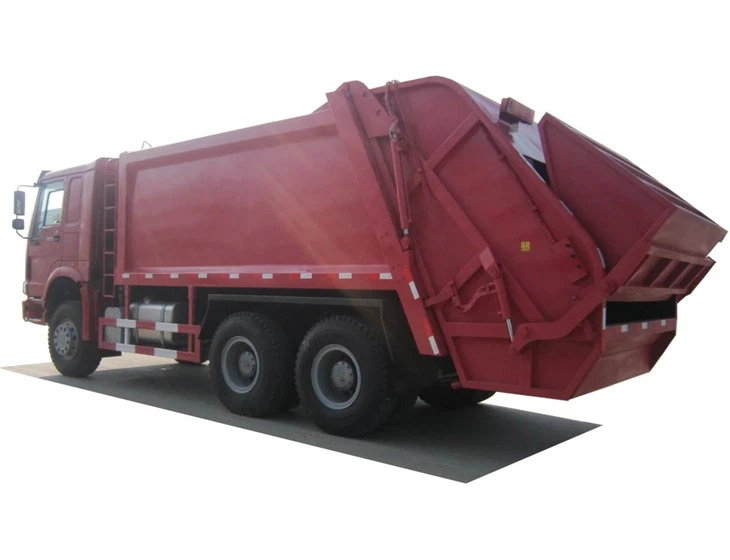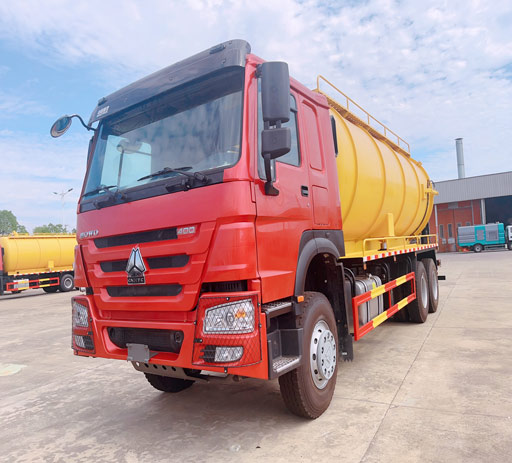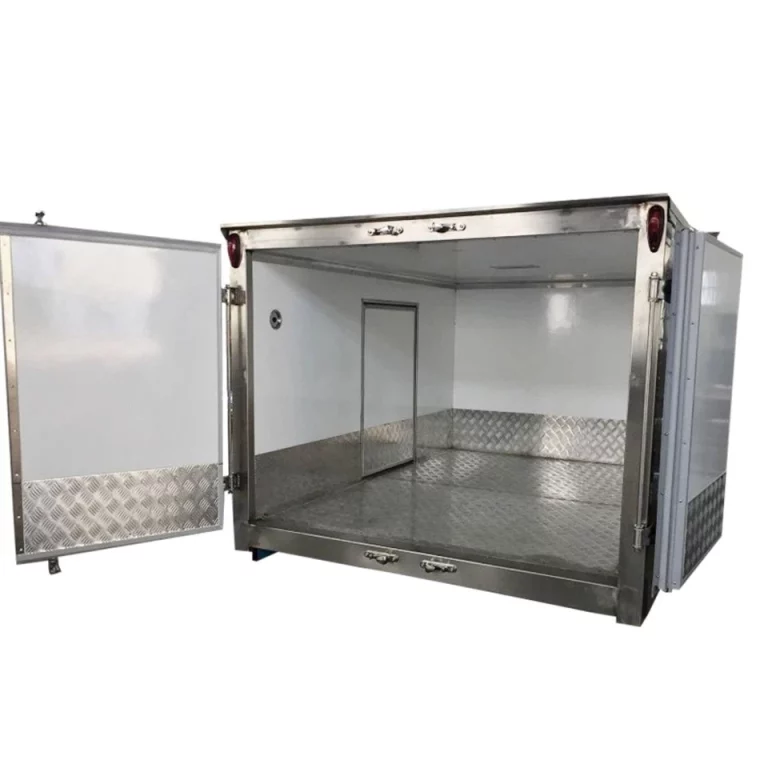Mini trucks have become a popular choice for urban transport and small-scale businesses due to their versatility, efficiency, and ease of maneuverability. This article delves into the world of mini trucks, exploring their benefits, types, buying tips, and much more.
Introduction to Mini Trucks
In a world where space is at a premium, mini trucks provide a compact solution for various transportation needs. Originally designed for agricultural work and urban deliveries, their adaptability has led to a surge in popularity among businesses and individual users alike. Whether for cruising through tight city streets or carrying loads in rural areas, mini trucks have a role to play in modern transport.
What is a Mini Truck?
Definition and Purpose
A mini truck, often referred to as a “kei truck” in Japan, is a small utility vehicle designed for carrying goods and passengers in a compact form factor. Typically, mini trucks have a weight capacity of 1,000 to 1,200 pounds and can vary in terms of body styles and engine capabilities.
Brief History
Introduced in Japan during the early 1960s, mini trucks were initially designed to tax efficiently in congested urban areas while addressing the need for small cargo vehicles. They have since expanded globally, finding a niche in various markets due to their low operating costs and high utility.
Benefits of Mini Trucks
1. Compact Size
The compact dimensions of mini trucks make them ideal for urban environments where parking and navigation can be challenging. They can fit into smaller spaces than conventional trucks.
2. Fuel Efficiency
Mini trucks generally come with smaller engines that consume less fuel, making them cost-effective for businesses and individuals alike.
3. Versatility
These vehicles can be adapted for various uses, from transporting goods to serving as mobile food vendors or landscape vehicles. Their flat beds and customizable features enhance their usability.
4. Low Maintenance Costs
With fewer complex parts and simple designs, mini trucks often incur lower maintenance costs compared to larger vehicles.
5. Easy Maneuverability
The lightweight design allows for easier maneuvering on narrow roads and crowded streets, offering a smooth experience for the driver.
Types of Mini Trucks
1. Japanese Kei Trucks
These are the most popular type of mini trucks, originally designed in Japan. With a maximum engine displacement of 660cc and strict dimensions, they are perfect for local deliveries.
2. Electric Mini Trucks
Growing awareness of environmental issues has led to the rise of electric mini trucks. These vehicles produce zero emissions and come with lower running costs due to electric powertrains.
3. Custom Mini Trucks
Some manufacturers offer customization options, including different bed sizes, cabin styles, and additional features tailored to specific business needs.
4. Four-Wheel Drive Mini Trucks
These vehicles are built for off-road and rural applications, providing added traction and capabilities for rough terrains.
Top Mini Truck Models to Consider
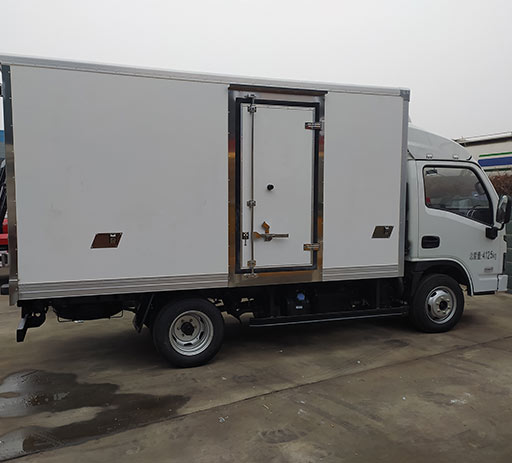
1. Suzuki Carry
The Suzuki Carry is a versatile kei truck popular for its reliability and fuel efficiency. It offers spacious cargo capacity and comfortable driving experience.
2. Daihatsu Hijet
Daihatsu Hijet is known for its compact size and high payload capacity. It’s an excellent choice for urban logistics and small-scale farming.
3. Honda Acty
With a reputation for durability and practicality, the Honda Acty is suitable for various applications, including delivery and light construction work.
4. Mitsubishi Minicab
This model offers great value with its spacious interior and economical fuel consumption, making it a favorite among small business owners.
Buying a Mini Truck: Tips and Considerations
1. Determine Your Needs
Assess the purpose of the truck. Will you be using it for deliveries, as a personal vehicle, or for business expansion? Understanding your requirements will help narrow down your options.
2. New vs. Used
Consider whether to buy new or used. New mini trucks come with warranties and modern features, while used options can be more budget-friendly.
3. Check Engine Specifications
Look for the engine size, fuel type, and power output. A more powerful engine might be necessary for heavier loads or off-road use.
4. Evaluate Payload Capacity
Analyze the payload capacity against your needs. Ensure the mini truck can handle the typical loads you plan to carry.
5. Inspect for Additional Features
Features such as air conditioning, modern infotainment systems, and improved safety measures can enhance your driving experience.
6. Consider Resale Value
Research which brands hold their value better. This is essential if you’re planning to upgrade in the future.
Maintenance of Mini Trucks
1. Regular Oil Changes
Change oil as recommended by the manufacturer to ensure optimal engine performance and longevity.
2. Tire Maintenance
Regularly check tire pressure and rotate tires to ensure even wear. This will improve fuel efficiency and safety.
3. Brake Inspection
Inspect the brakes periodically. Properly functioning brakes are vital for safety, especially when carrying loads.
4. Cooling System Check
Ensure the radiator and coolant levels are maintained to prevent overheating during operation.
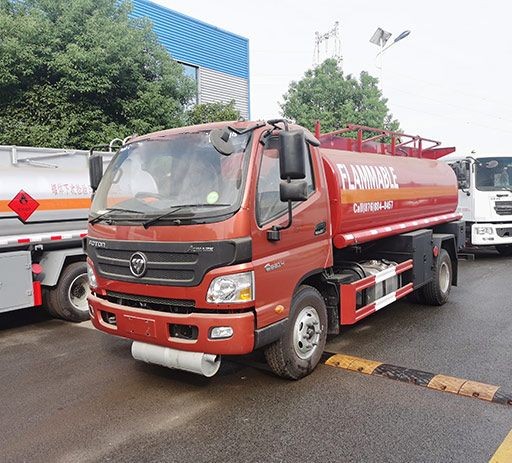
5. Electrical System Monitoring
Regularly check the battery and electrical systems to prevent roadside breakdowns.
Mini Trucks in Different Industries
1. Agriculture
Mini trucks can easily transport produce from fields to markets or supply goods to farmhouses. Their size allows them to navigate narrow farm roads efficiently.
2. Food Industry
Many food vendors utilize mini trucks to serve customers in urban settings. Their customizable features allow them to operate as mobile restaurants.
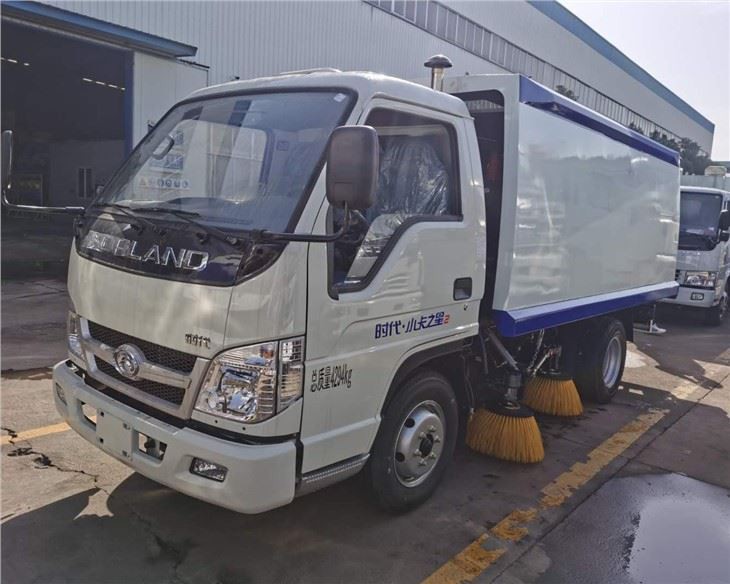
3. Construction
Mini trucks are perfect for transporting materials and tools to job sites, especially in areas with limited access for larger vehicles.
4. Delivery Services
Small delivery companies often prefer mini trucks due to their ability to handle quick local deliveries efficiently.
Environmental Impact of Mini Trucks
1. Eco-Friendly Options
The emergence of electric mini trucks provides a more sustainable alternative, reducing carbon emissions and improving air quality in urban environments.
2. Pollution Reduction
By using smaller vehicles for delivery and transport, businesses can reduce traffic congestion and lower pollution levels in urban areas.
3. Longevity and Sustainability
Mini trucks are often designed to be durable, providing long-lasting utility that contributes to a reduction in vehicle waste.
FAQs About Mini Trucks
1. What is the maximum payload capacity of a mini truck?
The payload capacity of a mini truck typically ranges from 1,000 to 1,200 pounds, depending on the model.
2. Are mini trucks suitable for off-road driving?
Some mini truck models with four-wheel drive capabilities are designed for off-road use, making them suitable for rugged terrains.
3. What is the average fuel efficiency of a mini truck?
Most mini trucks offer fuel efficiency between 25 to 35 miles per gallon, though this can vary by model and usage.
4. Can mini trucks be used for personal transport?
Yes, many people use mini trucks as personal transport because of their compact size and ease of maneuverability in urban settings.
5. How much do mini trucks typically cost?
The price of mini trucks can vary widely based on make, model, age, and condition, generally ranging from $3,000 for used vehicles to $20,000 for new models.
6. Are there financing options available for mini trucks?
Yes, many dealerships offer financing options as well as leasing plans that can help make mini truck ownership more affordable.
